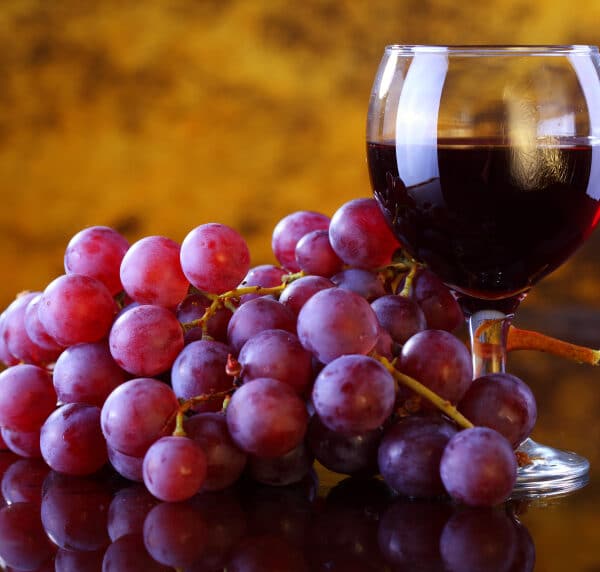 A study published earlier in the year looked at the possibility of resveratrol, a compound found in foods like berries (e.g. blueberries), dark chocolate, peanuts, and particularly grapes and red wine, preventing memory loss. The study, conducted in ageing laboratory rats, provide some novel evidence that resveratrol may help improve memory.
A study published earlier in the year looked at the possibility of resveratrol, a compound found in foods like berries (e.g. blueberries), dark chocolate, peanuts, and particularly grapes and red wine, preventing memory loss. The study, conducted in ageing laboratory rats, provide some novel evidence that resveratrol may help improve memory.
But is there any science that has looked at the impact resveratrol can have on a clinical condition such as Alzheimer’s disease?
The answer is there has been some limited research. Resveratrol has gained importance in this area compared to other plant compounds because of its suggested neuroprotective properties, but whether resveratrol can prevent dementia, or slow brain aging in humans, has not been robustly investigated. Studies in animals and isolated cells suggest that resveratrol may delay age-related cognitive decline and may protect against dementia. For example, like the study reported above, other studies in old mice on daily resveratrol supplementation have suggested that they performed better on spatial learning and working memory tests than mice fed a control diet with no resveratrol. In addition, rodent and cell culture studies report that resveratrol can protect against the beta-amyloid pathology that is characteristic of Alzheimer’s disease. However we still await results from well-controlled studies in healthy, older people to show if resveratrol may prevent dementia or delay cognitive decline, or in an early onset dementia population to see whether symptoms of the disease may be delayed.
Which foods are rich in resveratrol?
Naturally-occurring food sources, even when considering the highest concentration in the skin of red grapes used to make red wine, contain relatively little amounts of resveratrol. For example, the concentration in red wine is approximately between 0.2 to 5.8mg/L. Compare this to the supplement levels of 500mg/day currently being used in a US study exploring whether people with mild to moderate Alzheimer’s disease is beneficial in delaying or altering the deterioration of memory.
In the past decade, this small polyphenol has received increasingly widespread attention as either a potential therapy or as a preventive agent for numerous diseases, but very few published human studies have explored the ability of resveratrol to achieve the physiological benefits that have been observed in laboratory models in cells or animals. Many human clinical trials have recently been initiated, so in the next few years we may see more conclusive findings in this area.
In the meantime, a glass of red wine, a bunch of red grapes and some berries perhaps on a breakfast cereal, or used frozen in a milkshake, may serve as a delicious resveratrol boost! But on current evidence, the likelihood that this will prevent or delay the symptoms of dementia is unknown.






